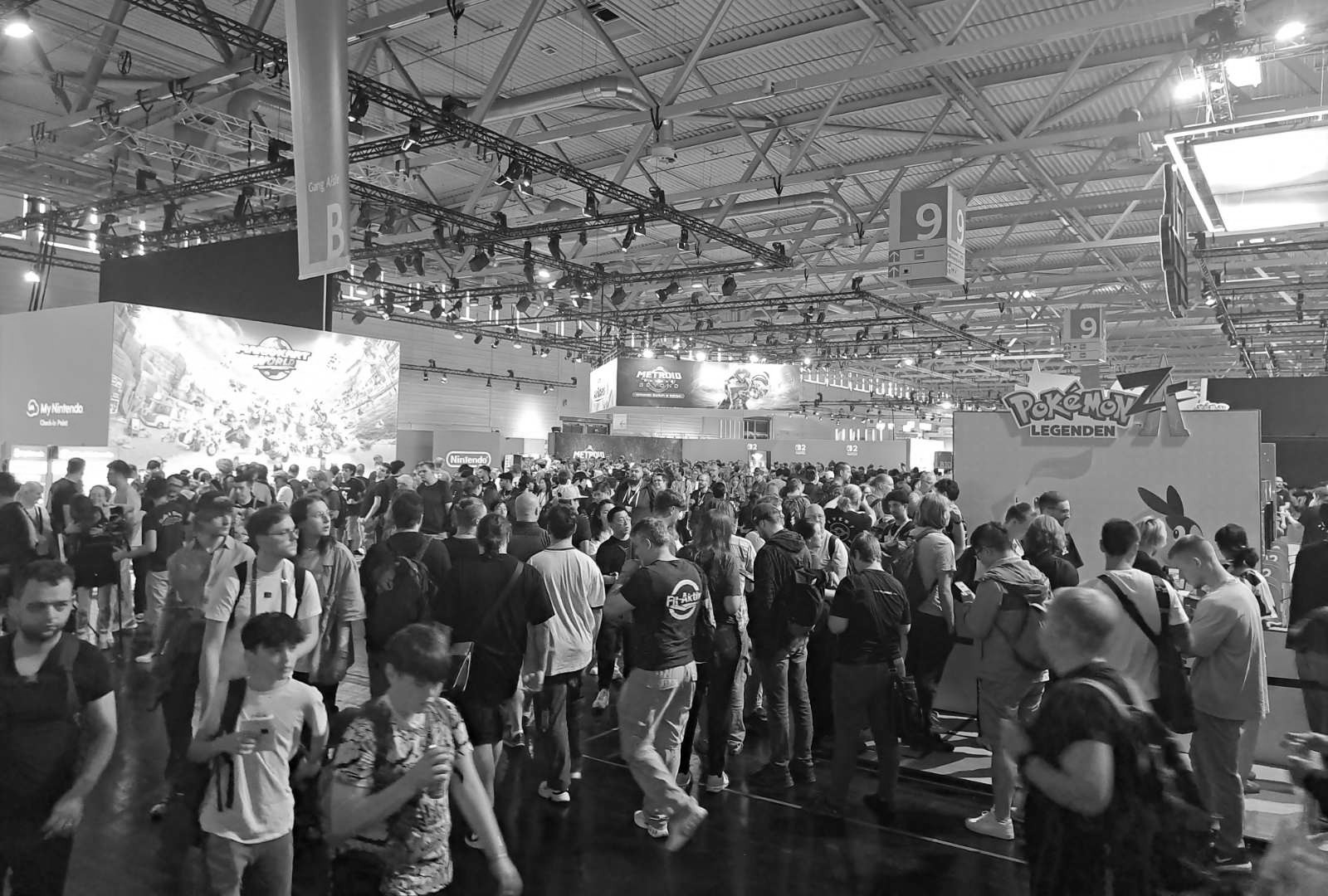
The Vietnamese gaming industry is experiencing a surge in popularity, fueled by a passionate young audience and a supportive government.
This booming market presents a strategic location for outsourcing game development projects. But building a successful team requires careful planning.
This article will serve as your roadmap, exploring the Vietnamese gaming landscape, providing insights into the various specialists who bring your game concept to life, and finally, introducing Remote Resources as a valuable partner in navigating this exciting industry!
Let’s dive in!
Vietnam Gaming Industry Overview

With a growing pool of skilled professionals, a passionate player base, and a supportive government, Vietnam's gaming industry is poised to become a major force on the global stage.
This confluence of factors paints a bright picture for the future of Vietnamese gaming, where homegrown talent and international influences will continue to shape a dynamic and exciting landscape.
Demographics: Who’s holding the controller?
The Vietnamese gaming scene leans towards a younger demographic, with millennials (aged 18-34) making up a significant portion (around 70%) of gamers.
Males account for a slightly larger share (63%) compared to females (37%).
Unsurprisingly, urban areas boast a higher concentration of gamers, with roughly 78% residing in cities.
Mobile Dominates the Vietnamese Video Game Market
In Vietnam, mobile devices, predominantly Android smartphones, dominate the video game market with an 83% share.
This reflects widespread smartphone adoption due to affordability and accessibility, making them the primary platform for gaming. Mobile games are favored for their low cost compared to traditional consoles and gaming PCs, appealing to a broad audience.
Additionally, the convenience of playing games on-the-go contributes to their popularity, aligning with the lifestyles of Vietnamese consumers seeking flexible entertainment options.
A Blend of International Hits and Homegrown Success Stories
The Vietnamese gaming landscape thrives on a mix of international influences and locally developed ingenuity.
Global powerhouses like Battle Royale games (Free Fire, PUBG Mobile) and first-person shooters (Call of Duty: Mobile) have captivated audiences with their intense competition and fast-paced action.

Top Ranked Google Play Apps, June 26th 2024 (Source: AppFigures.com)
However, Vietnam also boasts its own gaming heroes.
Flappy Bird, a simple yet addictive mobile game created by Nguyen Ha Dong, became a global phenomenon in 2014. Sky Garden, a captivating farming simulation game, has also achieved remarkable success with over 10 million downloads.
More recently, Sparx* studio based in Ho Chi Minh City has played a pivotal role in the development of numerous acclaimed games like League of Legends and Call of Duty.
In total, Vietnamese games have 4.2 billion downloads globally, with a growth rate 2.5 times higher than the world average.
Esports on the Rise
Gaming in Vietnam extends beyond casual play. Esports, the competitive side of gaming, is experiencing a meteoric rise.
Tournaments are flourishing at various levels, from professional and semi-professional leagues for ambitious gamers to university tournaments.
The National Student Open Cup 2023 (NSOC 2023) stands as Vietnam's largest esports tournament dedicated to students, organized by Ocean Entertainment Group (OEG) in collaboration with VIRESA and supported by the Vietnam Olympic Committee and various sponsors.
With a record prize pool of up to 1 billion VND, NSOC 2023 attracted nearly 1,500 participants forming 298 teams from 127 universities nationwide.
The tournament featured high-profile offline events at the OEG Stadium, drawing significant attendance and achieving impressive online engagement with over 20,000 viewers at its peak.
Streaming Culture Takes Root
Platforms like Facebook Gaming, Nimo TV, and Twitch are fostering a vibrant streaming culture. This allows Vietnamese gamers to showcase their skills, build large followings, and create new opportunities for engagement with fans and potential sponsors.

Leading streaming platforms among esports viewers in Vietnam as of October 2021 (Source: Statista)
According to a report conducted by Decision Lab in Vietnam in 2021, Youtube Gaming and Facebook Gaming reigned as the most prevalent streaming platforms among Vietnamese esports audience, according to respectively 77.9 percent and 66.6 percent of respondents
Investing in the Future: Vietnamese Governmental & Public initiatives
Vietnam is actively nurturing its gaming potential.
In 2023, the Ministry of Information and Communications (MIC) joined forces with educational institutions to introduce game industry training in two significant domains: establishing a full-time university-level education program in collaboration with the Posts and Telecommunications Institute of Technology (PTIT), and launching specialized training programs for professionals in partnership with Vietnam Multimedia Corporation (VTC).
Notable institutions like Hanoi University of Science and Technology, FPT Polytechnic College, and RMIT University offer dedicated bachelor's degree programs in Game Design.
The growing number of these educational facilities allows more Vietnamese students to enroll in computer science, programming, and related disciplines, thereby ensuring a consistent influx of qualified professionals to meet the needs of the industry.

Speakers participate in the panel discussion the Vietnamese game industry at Vietnam GameVerse 2024, May 2024. Photo by VnExpress/Quynh Tran
A testament to this growing industry is the Vietnam GameVerse 2024, co-organized by the Authority of Broadcasting and Electronic Information (ABEI), the Ministry of Information and Communications (MIC), VnExpress, FPT Online, and the Vietnam Game Alliance. The event attracted more than 40,000 participants over two days, May 11 and 12.
Bringing Your Vision to Life: A Look Behind the Scenes of Video Game Development
This section dives into the exciting world of video game development, exploring the various stages and the talented individuals who bring your game concept to life.
1. Concept & Design: Weaving the Narrative Tapestry

This initial stage focuses on crafting the core of your game. Here's the team you'll encounter:
- Game Designer: The mastermind behind the gameplay mechanics, crafting engaging challenges, defining win conditions, and ensuring a fun and balanced experience.
- Narrative Designer (Optional): For games with a strong storyline, a narrative designer weaves the tale, developing characters, dialogue, and the overall plot that immerses players in the world.
- Concept Artist: Transforms your vision into stunning visuals, creating initial sketches, character designs, and environment concepts that set the visual tone for the game.
- UX/UI Designer: The user experience (UX) designer focuses on user interaction, ensuring intuitive menus and controls, while the user interface (UI) designer creates the visual elements players interact with, menus, inventory screens, and health bars for example.
- Art Director: The visionary leader who oversees the entire artistic direction, providing guidance and ensuring all visual aspects (characters, environments, UI) cohere into a cohesive and aesthetically pleasing whole.
2. Technical Backbone: Building the Foundation

This stage focuses on translating the creative vision into a functional game. Here are the key players:
- 3D Modeler: Constructs the digital blueprints for characters, vehicles, weapons, and other in-game objects, breathing life into the concept art through 3D modeling software.
- Technical Illustrator: Creates detailed technical schematics and blueprints that guide the 3D modelers, animators, and programmers, ensuring consistency and functionality.
- Unity Developer/Unreal Engine Developer: Specialists who translate the game design documents and art assets into a playable experience using either the Unity or Unreal Engine development platforms. These developers possess expertise in coding, scripting, and integrating various game systems.
- Engine Programmer (Optional for complex projects): For highly technical games, an engine programmer might be brought in to optimize the game engine itself, ensuring smooth performance and efficient use of resources.
3. Animation & Multimedia: Breathing Life into the Game
This stage focuses on adding polish and dynamism to the game world. Here's the team that injects life:
- Animator: Creates the illusion of movement by crafting character animations, in-game actions, and special effects, bringing the world to life through fluid and visually appealing animations.
- Flash Designer/Motion Graphic Designer (For 2D Games): For 2D games, these specialists might be involved, creating character sprites, animations, and user interface elements using tools like Flash or motion graphics software.
- Multimedia Designer: Responsible for creating engaging cutscenes, in-game menus, and interactive elements that enhance the player experience. They might leverage video editing skills, sound design knowledge, and animation techniques to craft these elements.
4. Quality Assurance: Polishing the Gem
The final stage ensures your game is bug-free and delivers a smooth experience. Here are the final inspectors:
- QA Tester: The meticulous guardians who playtest the game extensively, identifying bugs, glitches, and areas needing improvement. They provide detailed reports to the development team to ensure a polished final product.
Why Choose Remote Resources as your Game Development Outsourcing Partner in Vietnam
Hire remote teams for your next Video Game project development in Vietnam: Graphic Design, Video Game Art Design, 3D Modelling, Technical Illustration, Video Editing, Animation, Flash Design, Motion Graphic Design, Game Design, Unity Development, Unreal Engine Development, QA & Testing.
- Local Expertise, Global Reach: We leverage Vietnam's top game development talent, offering exceptional value without compromising quality.
- Seamless Team Integration: Our experienced team will seamlessly integrate with yours, ensuring clear communication and efficient project management.
- Scalability & Flexibility: We offer a range of team structures, from full-service development to staff augmentation, allowing you to scale your resources as needed.
- Cost Advantage: Tap into Vietnam's competitive development costs while maintaining the highest quality standards.
Ready to take your game to the next level?
Contact Remote Resources today! We'll help you build the perfect team and harness the power of Vietnam's flourishing game development scene to turn your vision into a reality.









